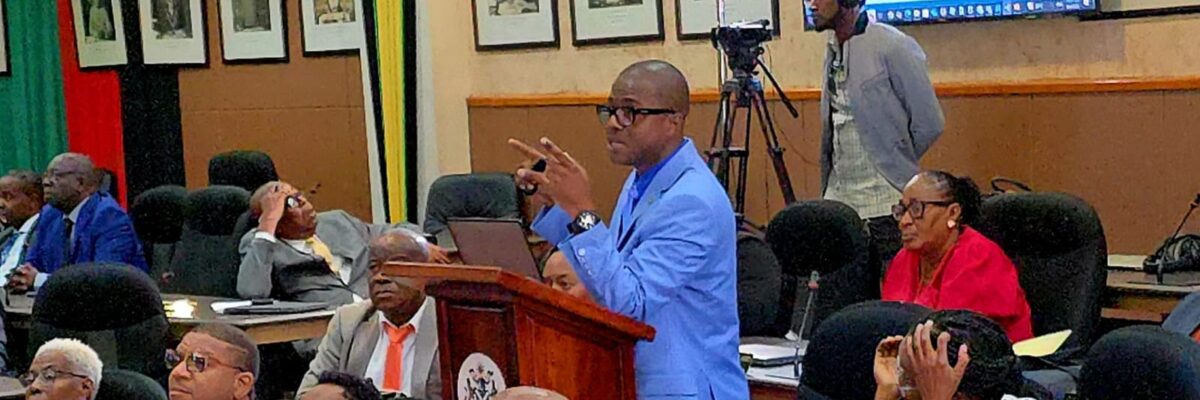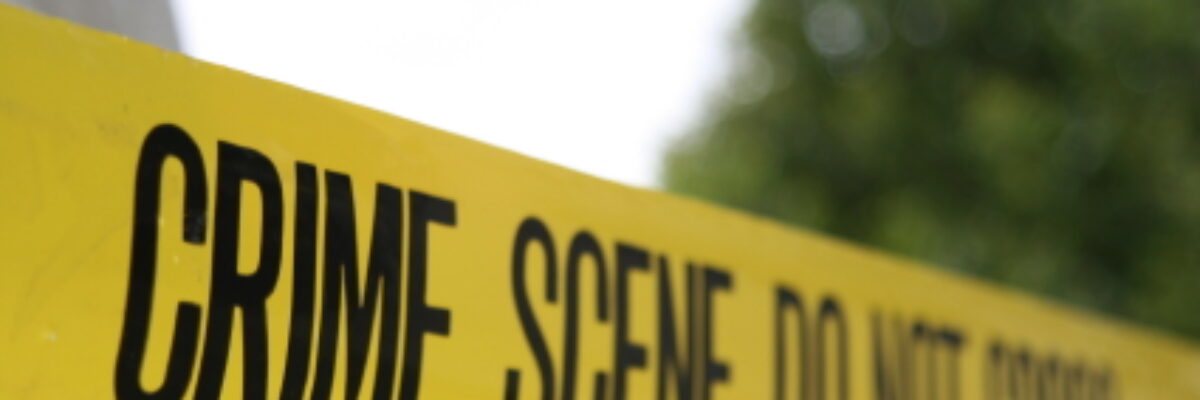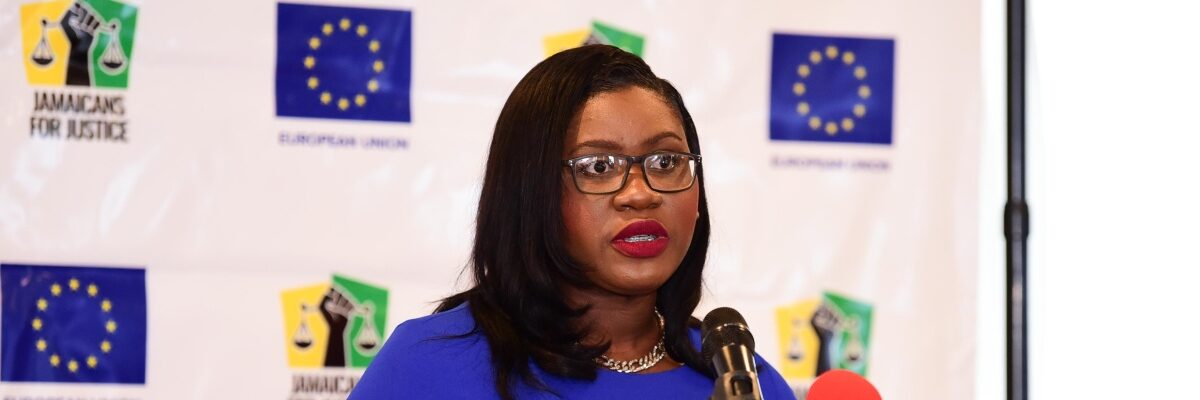The Ministry of Health and Wellness says some water samples from systems operated by the National Water Commission, NWC tested positive for E. Coli.
However, it says there is no cause for alarm and no boil water advisory has been deemed necessary.
The statement follows weeks of debate about the quality of water being produced by rural treatment plants for several communities across Kingston and St. Andrew.
Junior Opposition Spokesman on Health and Wellness Jesse James Clarke raised the concerns and urged residents to boil water before consuming it.
However, several government officials dismissed Mr. Clarke’s claims as false, with some calling for his resignation.
The NWC also rejected these claims and assured that its water is safe for consumption.
In a statement today, the health ministry confirmed that some water samples tested positive for E. Coli, but said occurrences such as these are not unusual, particularly during drought conditions.
It said pipe breakages, heavy rainfall, or other environmental contamination events can also cause the issue.
In such instances, the ministry, through its established protocols, initiates an investigation to determine the cause, assess the extent of contamination, and guide the necessary corrective actions.
It said this process is carried out in partnership with the NWC, municipal corporations, and other water providers.
The ministry said it is important to clarify that a boil water advisory is a public health precaution, issued solely by the Medical Officer of Health—the authority responsible for safeguarding public health within each parish.
It noted that this advisory is issued when there is an imminent risk of waterborne disease and typically applies to a specific geographic area affected by compromised water supply systems.
According to the ministry, boil water advisories are localized and not parish-wide, except in the case of major natural disasters such as hurricanes, flooding, or earthquakes that impact water quality significantly.
It said it continues to monitor the situation closely and remains committed to ensuring the safety and well-being of all citizens.












